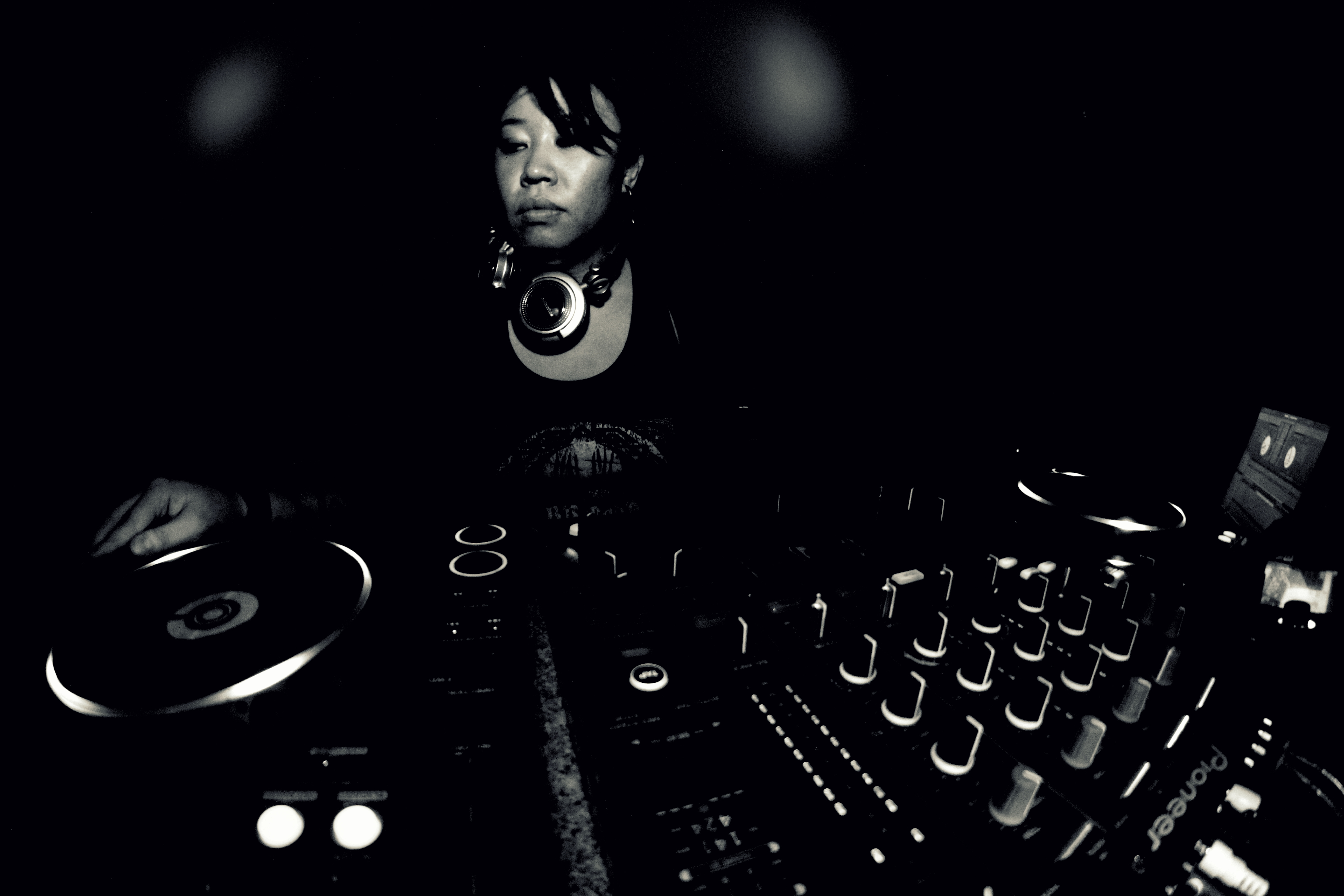It’s a tale as old as time — the troubled artist overindulging in alcohol or drugs to numb their mental anguish and, in the process, creating what is widely regarded as some of the best music of their generation. Borne out of personalities like Jim Morrison, Kurt Kobain and Amy Winehouse, this perception has permeated popular culture. The notion of musicians creating their best work while in compromised mental states, while largely a romanticized stereotype, speaks more to the stress of the industry itself and our culture’s historical silence on the subject of mental health rather than the mental fortitude of the artists.
While mental health and substance issues are not inherently tied together, it’s no secret that one can beget the other. And working in a stressful industry where substances are often condoned can be the perfect storm for someone suffering from underlying mental health issues. We spoke with prominent artists and key players in the music scene in Denver to find out how mental health and substance issues have impacted their lives, what makes the industry so stressful and tools they use to stay grounded in an often hectic environment.
“I think people want musicians to be super broken because that means that they don’t have to be,” said Spencer Townshend Hughes, frontman of local rock band, The Hollow. Hughes has been outspoken about his own struggles with mental health and has helped encourage the conversation by hosting monthly mental wellness meetups for members of the music industry. He goes on to explain that, “one out of every five adults struggle with anxiety or depression. I think that musicians are stronger people because they’re able to write it and then perform it in front of a bunch of strangers.”
READ: Hello, Denver My Name is Spencer Townshend Hughes
While music can serve as an incredibly therapeutic outlet, the industry itself can be a huge source of stress. Frenetic touring schedules, social anxiety, comparing yourself to other artists, the pressure to create and the high cost of healthcare are just a few of the factors that can have an impact on mental health. Cory Meier of the funk-rock band, Float Like a Buffalo, explains that when you’re trying to make a career out of music, there are times when it can feel more like an obligation than an outlet.
“I think that right now I’m in the point in my life where I’m trying to make a career from music. It oftentimes swings this pendulum — whether it’s a necessity or if it’s a stressor or if it’s an outlet,” said Meier
Frontman of Float Like a Buffalo, Cory Pearman, says that maintaining a good reputation within the industry can also be a source of stress. “What if we don’t sell as [many tickets] as they want us to and they don’t want to have us back,” said Pearman. Local drum ‘n’ bass artist and promoter Maggie Balas, aka Maggie Despise, explains how being on call 24/7 is a reality of the industry that can be especially taxing. “Being a promoter, most of the time when people hit you up, they want something from you,” said Despise.
Much like stress is an intrinsic aspect of the industry — alcohol is intimately connected with venues. Bars and venues make the majority of their money through drink sales and festivals are commonly sponsored by alcohol companies. Band members are also often given a certain amount of drink tickets with their compensation packages. To many (myself included), watching live music would feel a little odd without a drink in hand.
Despise says that, after 19 years of being in the music industry, she no longer feels pressured by peers to consume alcohol. Instead, the pressure often comes from a more internal place. “Sometimes I still get nerves when I’m about to play, [it] kind of helps with the social anxiety,” explained Despise. Alcohol has long acted as a social lubricant for many, especially when psyching yourself up to go on stage.
Additionally, issues in the music scene are sensitive because it’s difficult to tell if someone is simply blowing off steam or if they’re using the substance as an escape from mental stress. And while the vast majority use substances like alcohol to unwind, the line crossing into problematic territory can be blurry.
One reason why mental health and substance issues may seem more common in music communities is that these issues may be easier to work around in the music industry compared to others. Violist and event producer, Bridget Law, explains how “you’re able to function a little better in musical communities because there’s a lot of room for creative and eccentric people. So if they’re contributing to the energy then it doesn’t matter as much.” Law stresses the importance of time and place when partaking in substances, stating that she much “[prefers] a team that puts in the work first and then knows how to enjoy and let loose once the work is done.”
Although substances can help jumpstart the creative process, Pearman makes it clear that “if you really want to focus yourself and you really want to be good at this and you really want to make this happen, you have to be professional as well.”
Hughes and Law both recommend what Law calls “conscious drugs,” like yoga, deep breathing, meditation and spending time in nature as an essential part of self-care. Hughes also says that drinking lots of water and treating himself with Little Debbie cosmic brownies is his way of practicing self-love. “I crush those and I don’t judge myself for a second cause I’m like, girl, you deserve this shit,” said Hughes. When in doubt, write it down. Hughes found that once he was able to write songs about personal obstacles, everything changed for him. The track “Cages” on The Hollow EP was the first personal song Hughes wrote about his panic attacks. “I use music as therapy, that’s where I get the demons out.”
Hughes is also a fan of morning journaling, explaining that “when you’re able to do that, you’re able to consciously know what you’re writing and letting go as you’re writing it.” Recently getting her PhD in Molecular Biology, Despise is still learning how to balance the demands of juggling two careers. She says that disconnecting from social media and vocalizing when she feels overwhelmed have helped her to reign in her anxiety and reclaim some of her time.
“I’m just the type of person that wants everything to be perfect and stresses out about [it]. But it’s worth it in the long run — the amount of enjoyment you get out of music I think is immeasurable,” explaind Despise
It’s important to note that substances are not always intrinsically harmful. In fact, some studies have shows that psychedelics and MDMA may actually help relieve symptoms of depression and PTSD. As with anything, moderation and context are key. The more we open up about mental health and substance issues, the more they are normalized and destigmatized. Regardless of your profession, these are conversations worth having.
Monthly Mental Wellness Meetups serve as a supportive space for musicians and people working in the music community. Meetings are held on the first Sunday of the month at Youth on Record. This month’s meeting is on May 5 from 3 pm – 5 pm.




